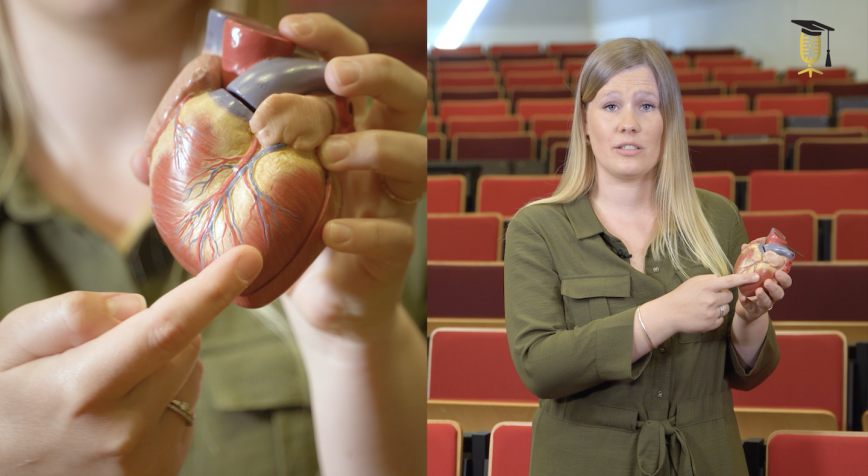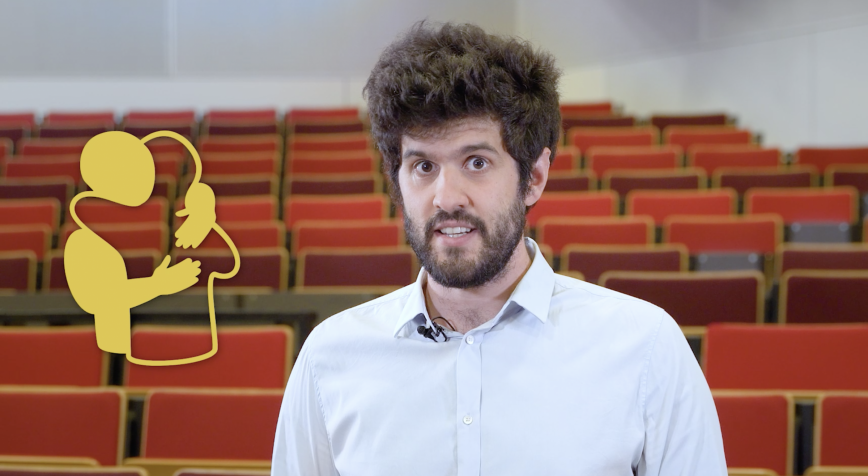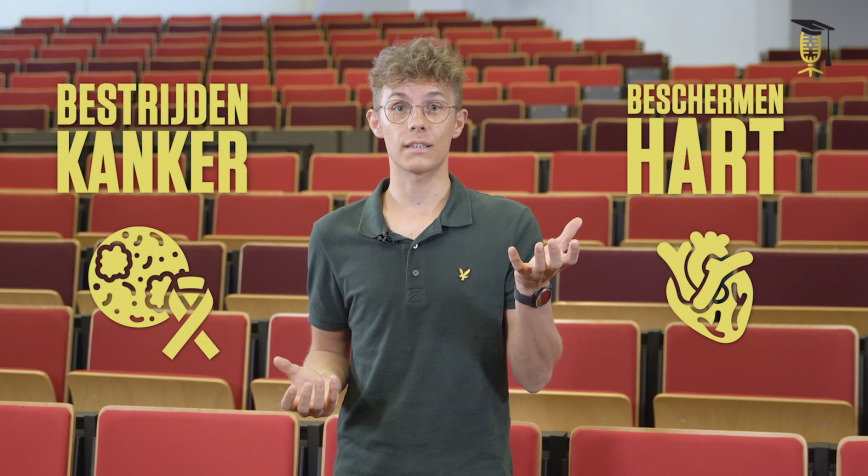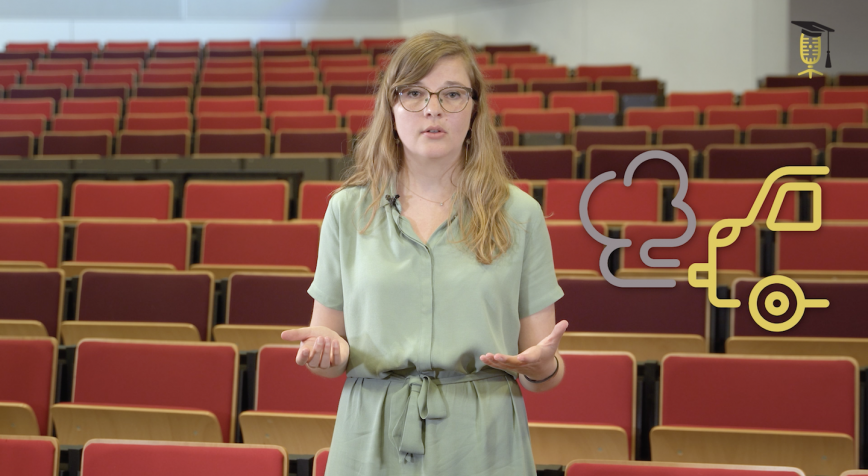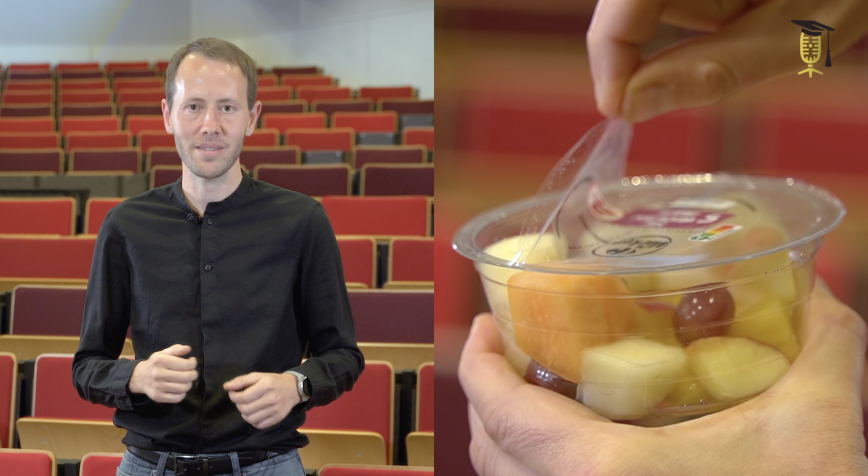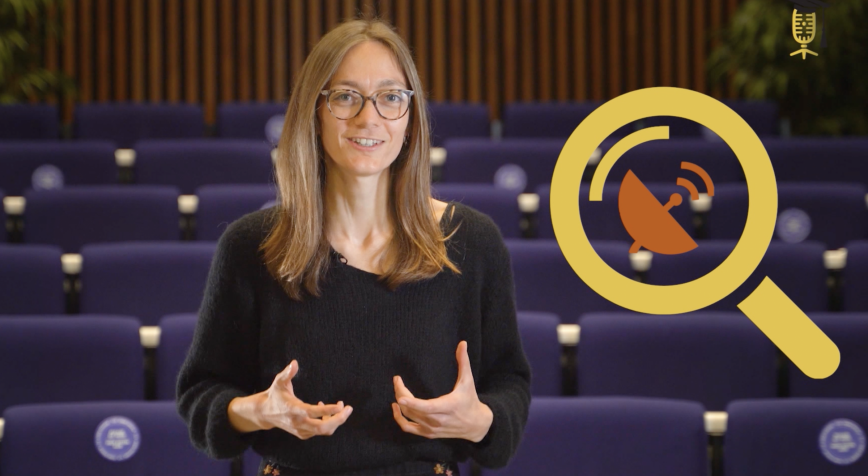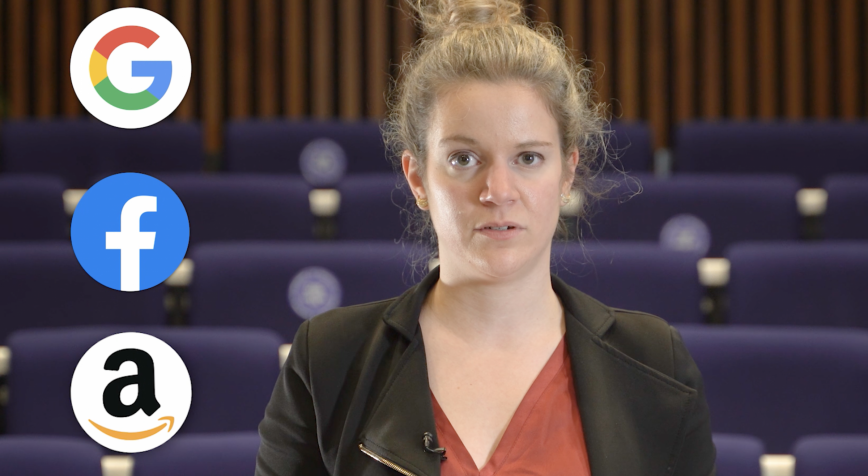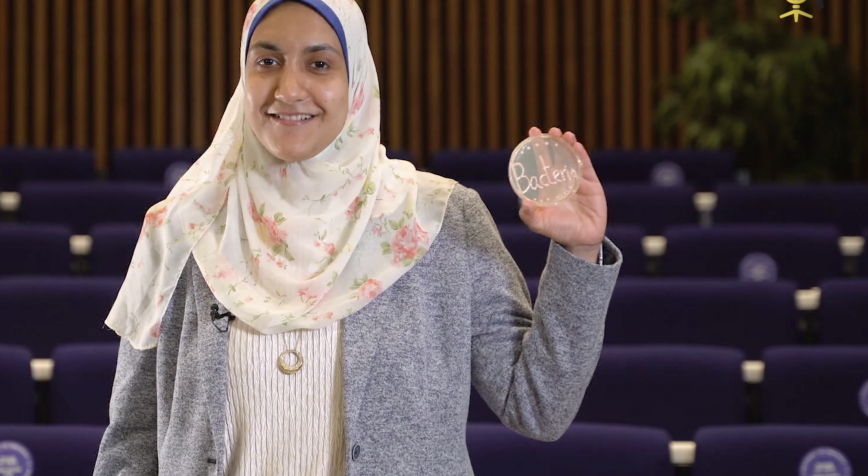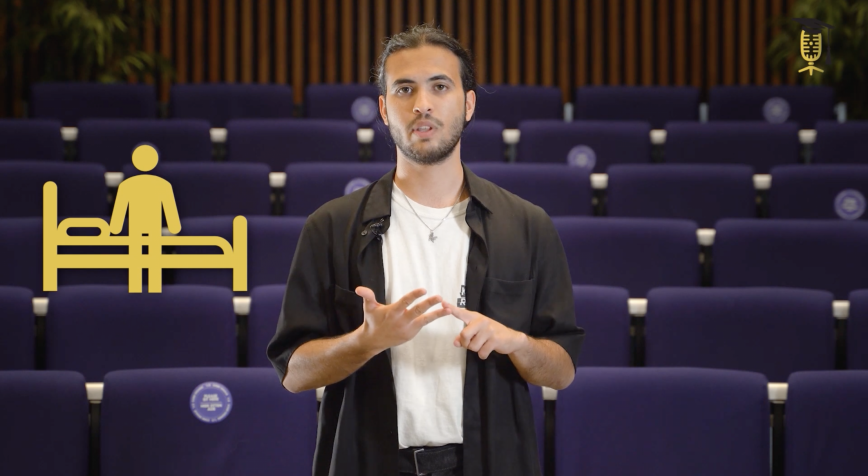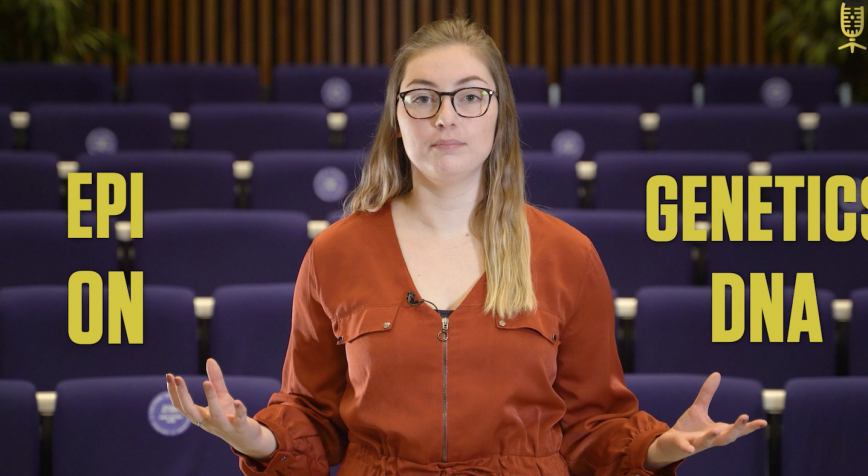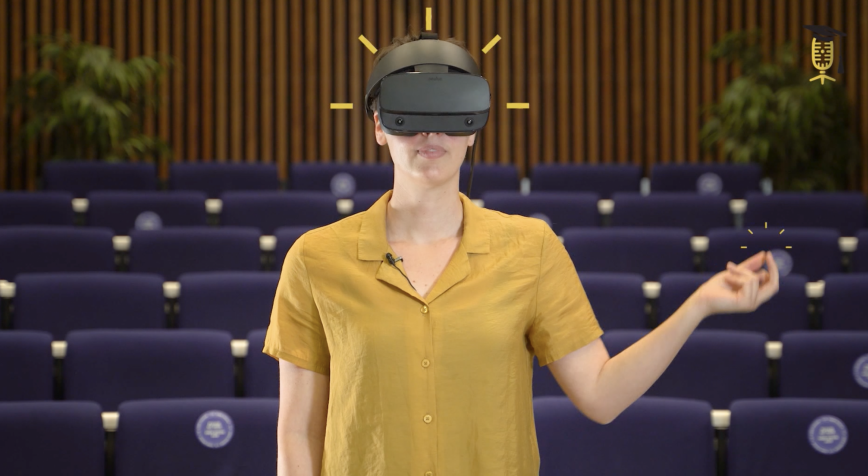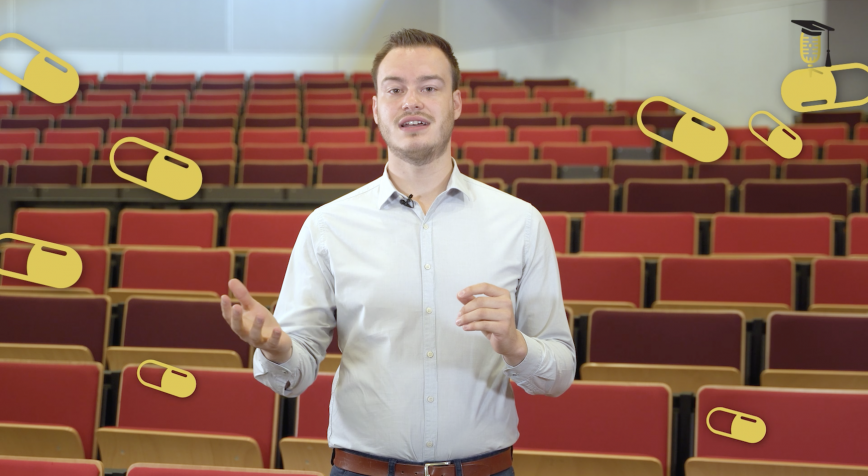
UHasselt
How microscopy unravels the secrets of drugs and their targets
Of the 100 potential drugs that companies develop, only a small fraction make it to your medicine cabinet. The majority are rejected after disappointing cell and animal tests. Stijn Dilissen (Uhasselt) is working on a method to find out more quickly and cheaply whether a drug will work or not.
